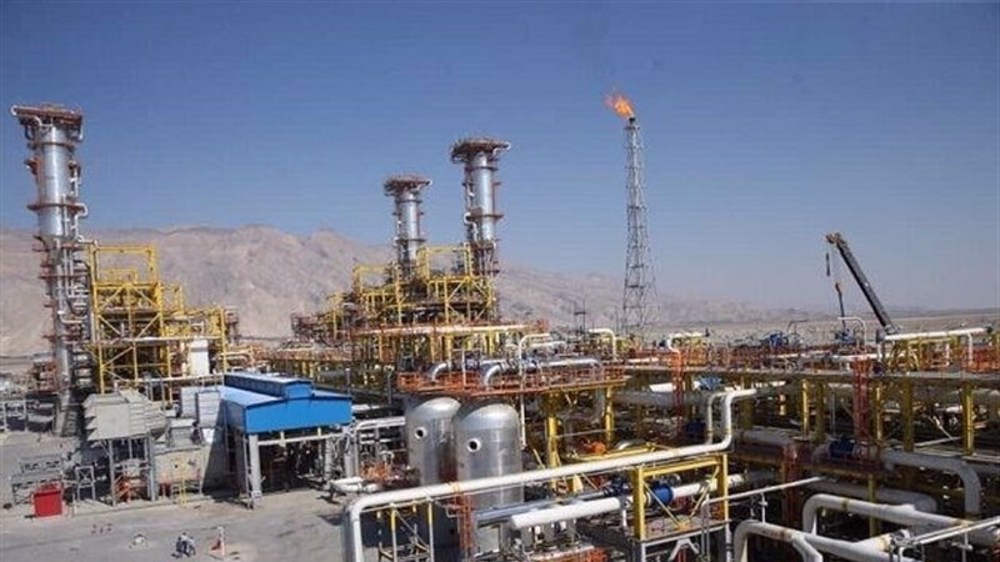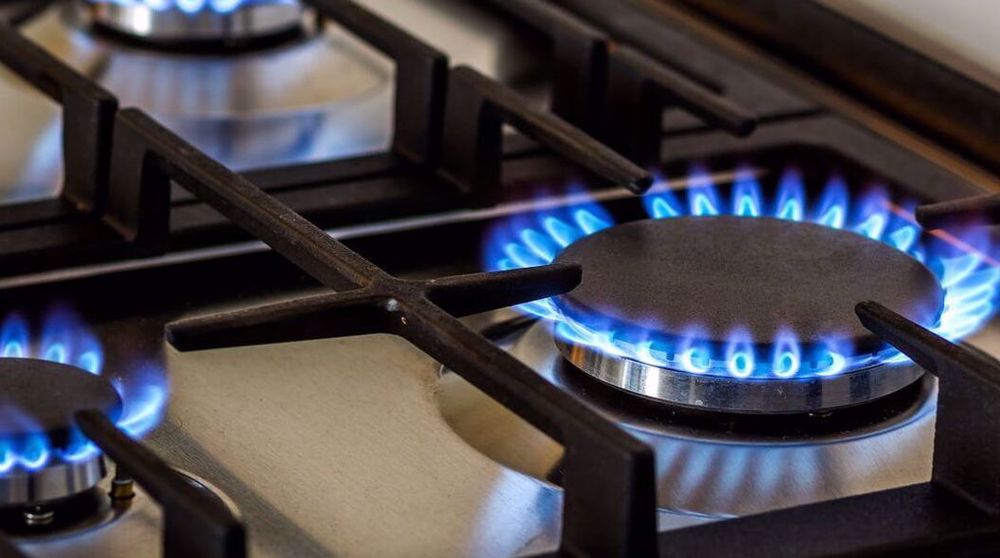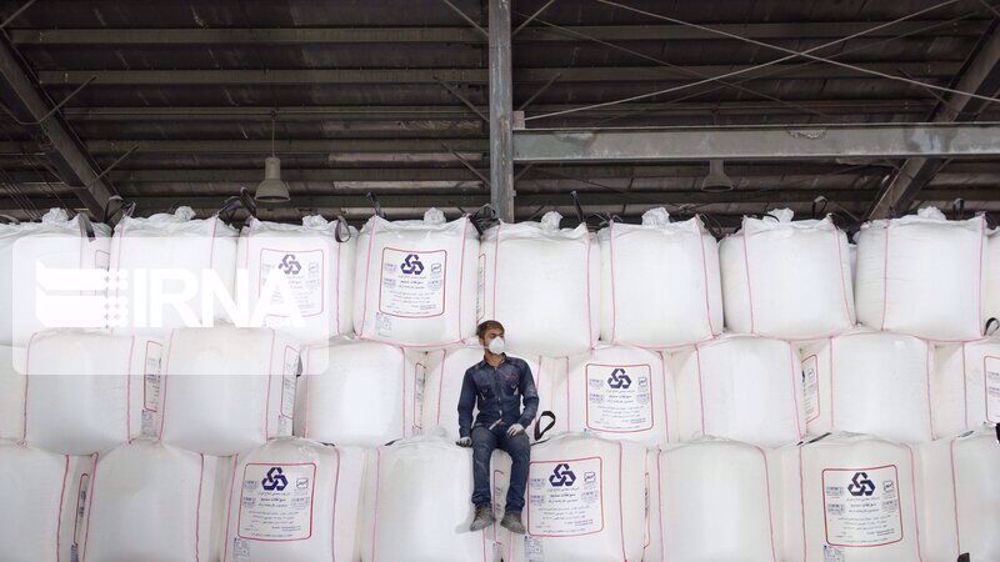UK's Quercus halts Iran solar project after US threat
UK renewables investor Quercus has halted a deal worth over half a billion euros to build and operate a 600-megawatt (MW) solar farm in Iran, the company said on Tuesday.
“Following the US sanctions on Iran, we have decided to cease all activities in the country, including our 600 MW project. We will continue to monitor the situation closely," Quercus chief executive Diego Biasi was quoted as saying.
The work located in central Iran was expected to take three years, with the project coming online in 100 MW phases every six months.
The decision came despite UK Foreign Secretary Jeremy Hunt announcing that Britain had agreed to work with the EU to try to block the impact of US President Donald Trump's new sanctions against Iran.
Toothless EU measures
Hunt and EU foreign ministers introduced a "blocking statute" to ensure European companies doing business with Iran will be protected and to ban European firms from abiding by the US sanctions, which were reimposed on Aug. 6.
Alistair Burt, the British minister of state for the Middle East, said last week European companies can be protected from new US sanctions on Iran.
“If a company fears legal action taken against it by an entity in response to American sanctions then that company can be protected as far as EU legislation is concerned,” he told BBC radio.
Such assuring words by European officials have not stopped their companies from downing tools in Iran. European firms have an ear to the ground for instructions from the US and Trump has warned them against doing business with Tehran.
"Anyone doing business with Iran will NOT be doing business with the United States,” Trump wrote in a recent tweet as he unveiled a new wave of sanctions on the Islamic Republic.
Many European companies withdrew from Iran after Trump pulled the US out of the 2015 nuclear deal with Tehran and set a grace period for firms to wind down their business in the country.
On Tuesday, Reuters said German engineering group Bilfinger did not plan to sign any new business in Iran after automotive supplier Duerr announced it had halted activities in Iran.
Norway's Saga Energy, however, has said its 2.5 billion-euro plan to build 2,000 MW of new solar energy capacity in Iran is still on track.
Saga Energy's chief of operations Rune Haaland was quoted as saying that the company was still working on getting the funding, with construction due to start by the end of 2018.
The sanctions, however, make securing funds for the project more complicated and the project could be delayed, Reuters quoted him as saying.
5,000 MW renewable plan
More than 250 companies have signed agreements to add and sell power from about 5,000 MW of new renewables in Iran.
Among them is Dutch energy firm Global Renewables Investments (GRI) which is about to build up solar and wind farms that could produce up to 1,700 MW of electricity.
Norway’s Scatec Solar has also been in talks to generate 120 megawatts of solar power in Iran, which would rise to 500 MW later.
The Oslo-listed firm’s CEO Raymond Carlsen has said the initial project under discussion would cost $120 million per 100 MW installed.
According to Deputy Energy Minister Homayoun Haeri, Iran’s renewable energy capacity will grow to 1,000 MW in the current Persian year which ends in March 2019.
The country has currently 400 MW of renewable capacity in place and is the most advanced in its development of renewable energy in the Middle East, mostly due to its past investments in hydropower schemes.
Iran, however, is pushing the envelope on its green fleet efforts to establish other greener capacities ranging from wind power to solar farms and burning biomass and waste to heat homes.
Araghchi: Iran-Russia strategic deal step toward ‘more just world’
UNRWA unraveled amid Israel's allegations, reduced intl. support
Palestinian journalist, a Sobh Media Festival awardee, killed in Gaza hours before truce
Jan. 15: ‘Axis of Resistance’ operations against Israeli occupation
VIDEO | Fears, hope in Gaza amid intensified ceasefire efforts
VIDEO | Press TV's news headlines
Hamas: Ceasefire agreement result of steadfastness, resistance in Gaza over 15 months
Hamas thanks Iran, Resistance Front following achievement of ceasefire in Gaza












 This makes it easy to access the Press TV website
This makes it easy to access the Press TV website